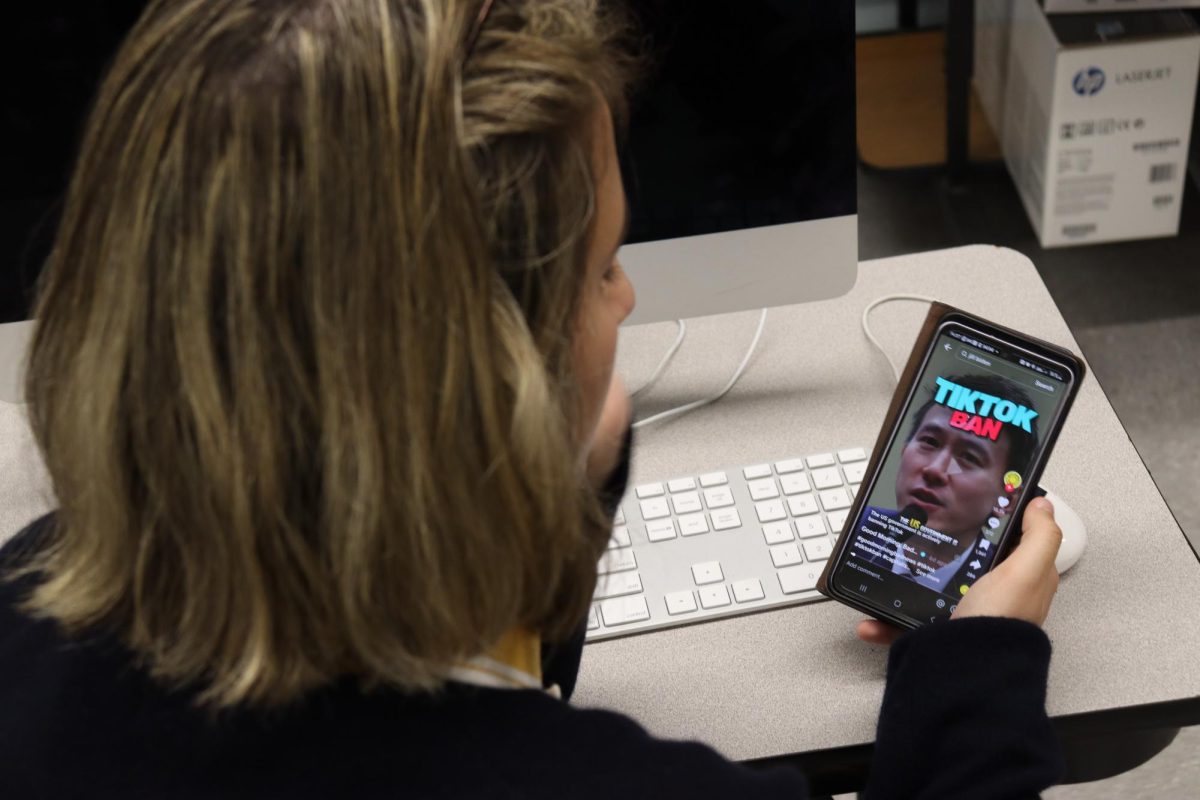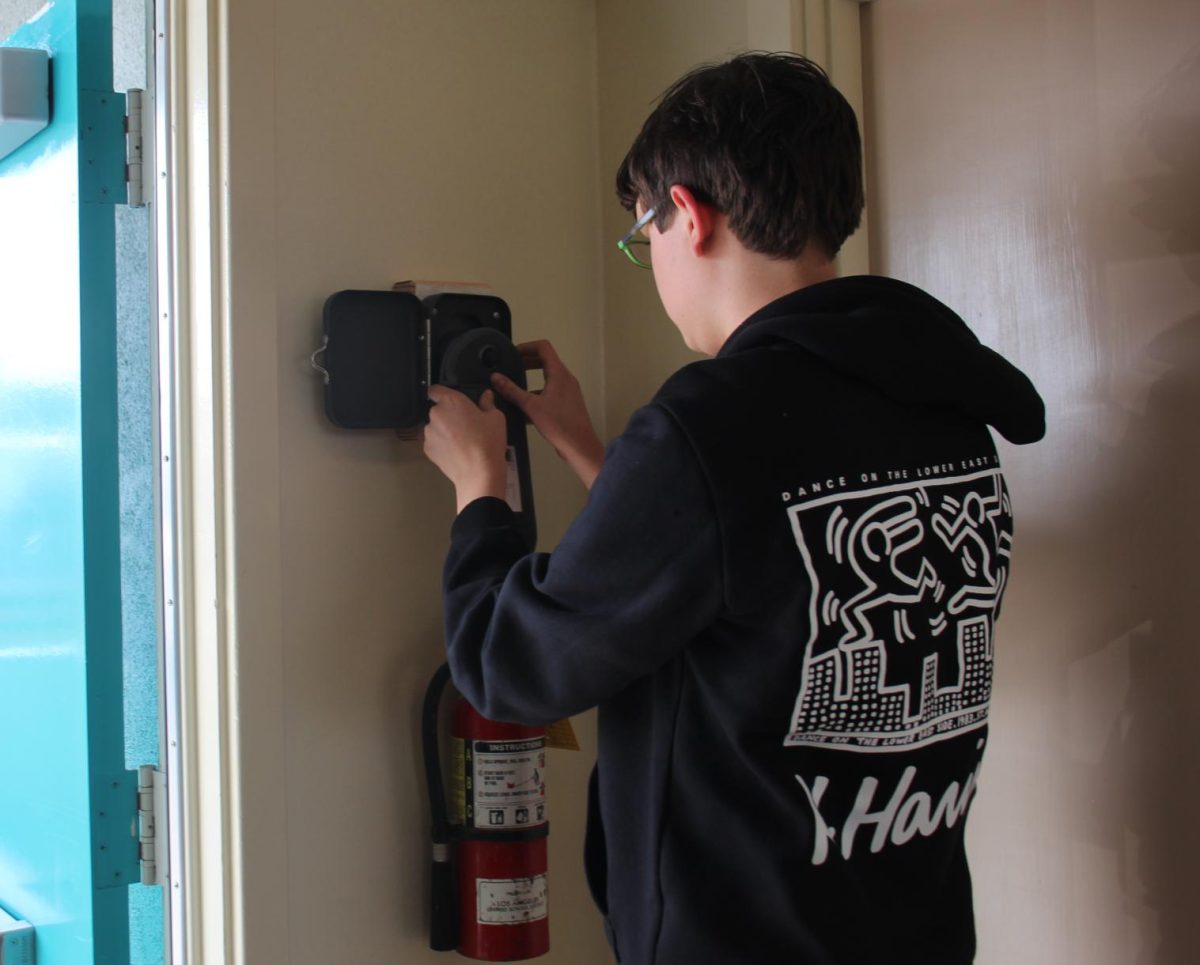Senior Elizabeth Garcia is one of the many teens who are upset that one of the most popular apps, TikTok, might get banned in the United States.
“I am very upset about the ban and very disappointed about it since TikTok is where I spend most of my free time and I learn new stuff on TikTok,” Garcia said.
On March 13, the U.S. House of Representatives passed a bill that would force Chinese internet company ByteDance to sell the widely popular video app, Tiktok, or have it banned in the United States. The bill was passed on a bipartisan 353 to 65 vote. The app is currently used by 170 million Americans, making it one of the most downloaded apps in the U.S.
“Honestly, I don’t think I’ll be that upset if the ban happens because I already spend a lot of time on TikTok and it’d be nice to just catch a break from it,” junior Leeron Nakash said.
Lawmakers and the Biden administration have supported the bill, arguing that TikTok poses a national security threat to the United States. They are concerned that the Chinese government could use its intelligence laws against ByteDance to force it to hand over information or data from its American users. According to the New York Times, the bill is aimed at getting ByteDance to sell TikTok to non-Chinese owners within six months if enacted. TikTok’s connections to China have led the government to ban the app on federal devices and the No TikTok on Government Devices Act was passed in December.
“I think that the ban is stupid because TikTok is not a threat to anything or anyone,” freshman Andrew Gonzalez said. “I don’t think that the ban will actually happen because this has happened in 2020 and there has always been a thing that the app is going to get banned but it never does.”
The next step toward a TikTok ban would be a majority Senate vote in favor of the bill. President Biden has stated that he will sign off on the bill if it is passed by Congress. The Senate Majority leader, Chuck Schumer has been noncommittal toward the next steps in the Senate concerning the bill. TikTok has responded to the bill, calling it an attack on the constitutional right to freedom of expression for its users.
“I don’t think the ban will actually go through because I feel like there is so much persistence from teenagers and adults to not remove the app,” junior Allison Gonzalez said. “I feel that we already have so much of our information taken away and it is not anything new.”
















